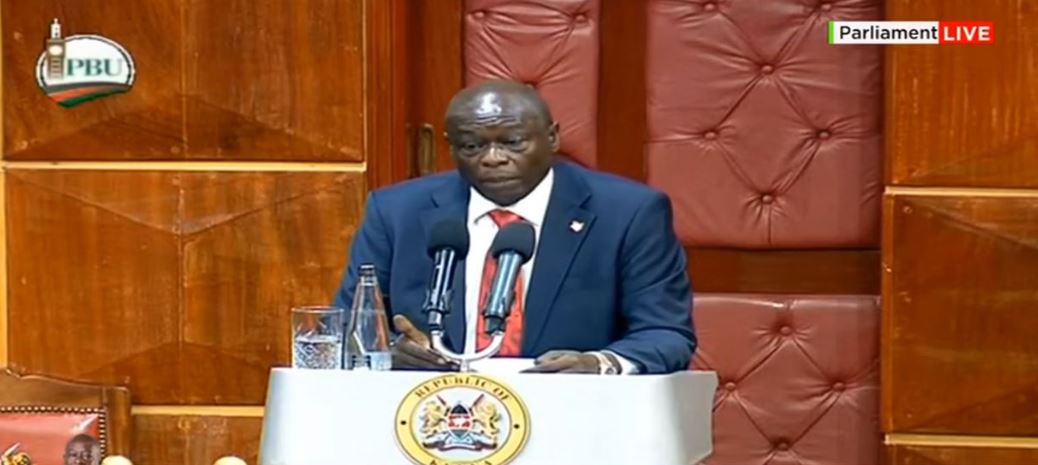 A fresh legal battle is playing out at the Milimani Law Courts, where activist George Mogire has filed a petition to block the arrest or prosecution of former Deputy President Rigathi Gachagua, calling it a politically charged move designed to silence dissent.
A fresh legal battle is playing out at the Milimani Law Courts, where activist George Mogire has filed a petition to block the arrest or prosecution of former Deputy President Rigathi Gachagua, calling it a politically charged move designed to silence dissent.
Through his lawyer, Moses Mabeya, Mogire is urging the High Court to issue conservatory orders barring the Inspector General of Police, the Director of Public Prosecutions (DPP), and the National Cohesion and Integration Commission (NCIC) from arresting, detaining, or interfering with Gachagua’s freedom.
According to the petition, the threats against Gachagua are not rooted in any verifiable criminal offense but rather stem from his recent public remarks, which have sparked national debate. Mogire claims state agencies are not acting independently and are instead bowing to external pressures, in violation of their constitutional obligations.
“Pending the hearing and determination of this application, this Honourable Court should issue conservatory orders restraining the respondents and their agents from arresting, detaining, or interfering with Gachagua’s liberty,” the court documents read.
The petition brings up a National Assembly session from May 27, 2025, when several members of parliament supposedly called for Gachagua to be prosecuted over comments he made in an interview on May 17.
Gachagua Targeted for Speaking Out?
Mogire maintains that Gachagua’s statements fall under his constitutional right to freedom of expression, safeguarded by Article 33. He describes the push for legal action as an orchestrated attempt to suppress political opposition.
“This is not just about remarks made during an interview. It is a well-orchestrated scheme to weaponize independent institutions against perceived political threats,” the petition claims.
He warns that pursuing Riggy G’s arrest could set a dangerous precedent, where political gamesmanship compromises democratic rights. Mogire is concerned that ongoing pressure on opposition figures might undermine public faith in both the justice system and democracy itself.
The activist further accuses the NCIC of applying its discretion selectively and with political bias, noting that the agency has failed to act impartially in recent matters. He argues that instead of advancing national unity, the commission is being exploited as a tool for political retaliation.
“The respondents have abdicated their constitutional mandates and are being used as instruments of political retaliation,” he adds.